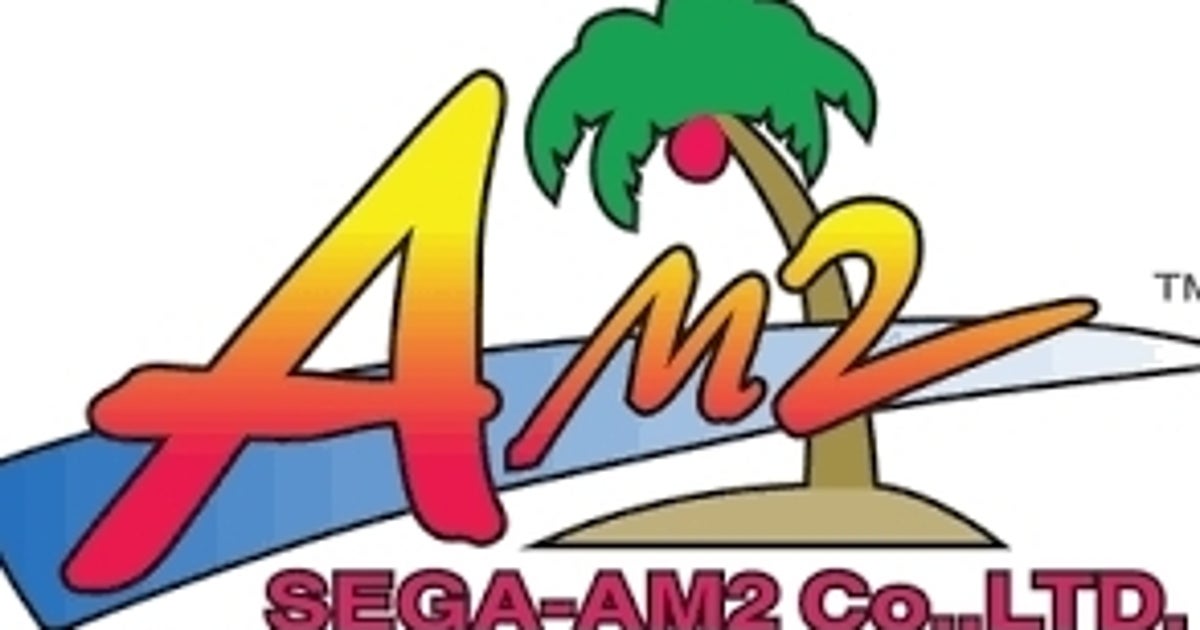IbizaPocholo
NeoGAFs Kent Brockman

Tales from inside Sega AM2's top-secret studio
You might not have noticed, but late last year a small piece of Sega history quietly slipped away. The company's Ota he…
You might not have noticed, but late last year a small piece of Sega history quietly slipped away. The company's Ota headquarters, once immortalised as the EVIL headquarters in 1994's Virtua Cop, was where so much of the magic that forged the Sega name was conjured. It's the original blue sky factory, a modest block within earshot of Haneda airport in a modest Tokyo ward, and last September it was finally sold off. It's now scheduled for reconstruction, Sega having decamped to the bustle of Shinagawa and an imposing, impressive new headquarters.
There's a lot of history in that old building, and over its last few months Hiroshi Kawaguchi was rifling through much of it. He's part of that history himself, really, having come to work at that office for the past 35 years, and having contributed to some of the defining moments of Sega's history. This is the man that composed Magical Sound Shower, Passing Breeze and Splash Wave - those anthems for blue skies - and so much more besides.
"We've recently introduced a policy of archiving everything," says Kawaguchi as we talk in one of the meeting rooms high up in the new office block - this particular room named and themed after Sega's Saturn. "With the old stuff, though, there were no proper rules."
And so amidst the chaos of the move, Kawaguchi kept unearthing new surprises. Cassette tapes that captured live recordings of the S.S.T band, Sega's own in-house supergroup; ultra-rare Naomi cartridges; floppy disks that contain back-ups for the SG-1000 games such as Girl's Garden and Champion Soccer where Kawaguchi first cut his teeth. He even rediscovered the handwritten score to the original Space Harrier - a small piece of indispensable video game history.
"It was just all stuffed in cardboard boxes," Kawaguchi says. "The unneeded stuff was discarded - some of the stuff we've kept is being stored in a warehouse, the important stuff has come over with us." It's hard to know exactly what was lost in the move - later in our chat, Kawaguchi shows us a whole heap of old FM synths that were tossed aside - and with Sega's previously spotty approach to archiving there's the dread sense that some pieces of video game history may have been lost forever.
Check the link for more.
